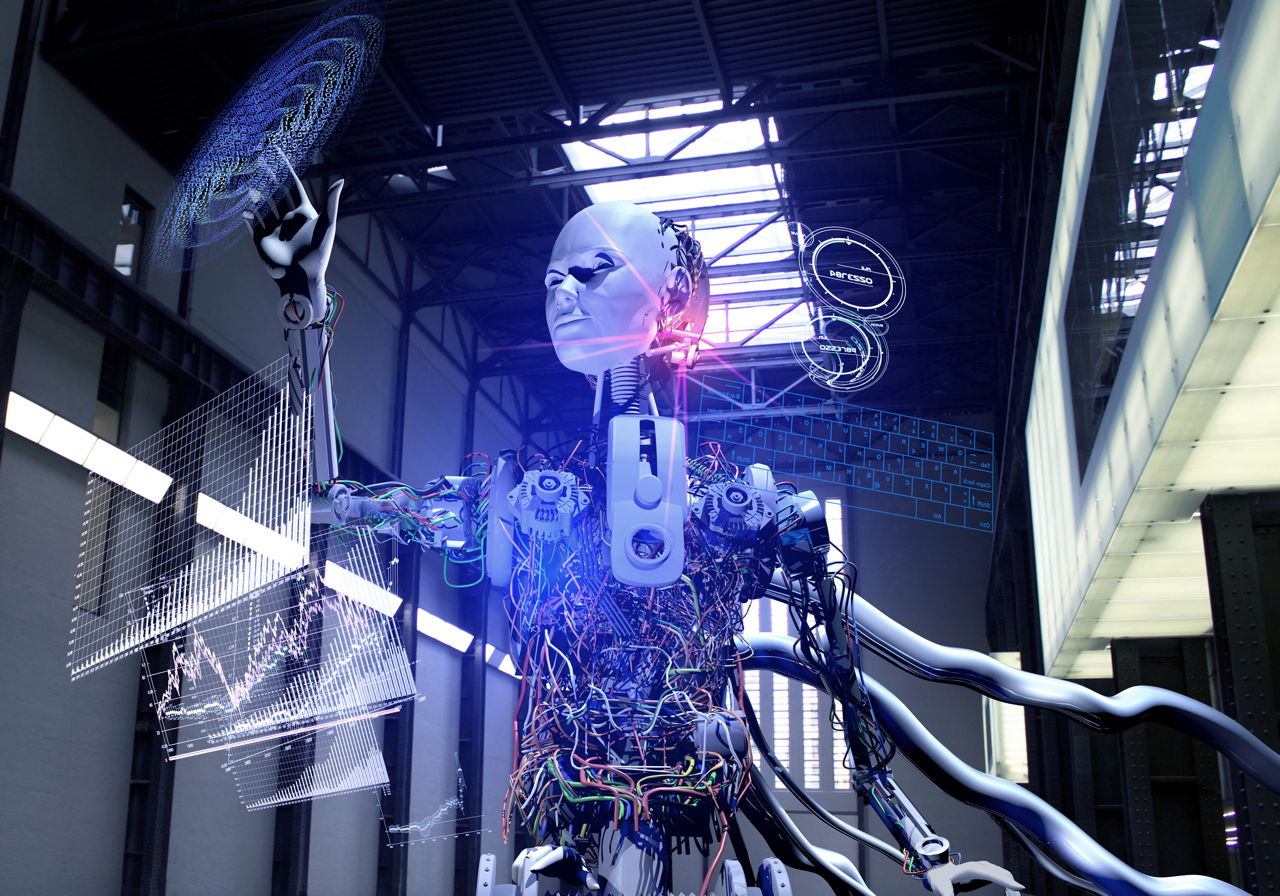Impact of Google's AI Revolution on SEO in 2020

As innovation brings in chances of great opportunities, advances in Artificial Intelligence widen the orbit of optimization in all types of industries, and Search Engine Optimization (SEO) is no exception. Search is a science rooted process that plays around algorithms and so as it thrives in an algorithmic expanse, AI is sure to give jolts to the SEO realm.
Swarali Jambhale
Last Updated: Sep 15, 2020
Google's AI Is Now Creating Its Own AI
Google RankBrain is an AI based algorithm standing out to leverage artificial intelligence with machine learning to process the search queries by converting them to mathematical values and getting the user intent straight.
On the other side, Google Duplex, still in its infant pages, is an artificial intelligence chat agent that carries out specific verbal tasks that in a way mimic human conversation. This, in a way is boosting the voice search making search smarter for its users with digital assistants. Every search adds a data point to improve the understanding of how humans search the web and the intent behind the search.
On the other side, Google Duplex, still in its infant pages, is an artificial intelligence chat agent that carries out specific verbal tasks that in a way mimic human conversation. This, in a way is boosting the voice search making search smarter for its users with digital assistants. Every search adds a data point to improve the understanding of how humans search the web and the intent behind the search.
AI and SEO: The Valuable Match
Intention Now Matters More Than Words
The decisive way AI is giving tremors to SEO is by prioritizing the intent of the query rather than just keywords. RankBrain, Google’s machine learning system assimilates the potential to gather data and infer from it to answer questions which may not have been asked but may have the same intent. With AI’s ability to collect huge amount of data, it can think one step ahead about what the user wants next. It can be anything pertaining to the query. Leaving behind the SEO conventions of focusing on keywords, AI is bringing forth a whole new ball game of prioritizing the query intent. So, make sure that your content directly speaks to your audience assuring total transparency.
Keywords- Not a Matter of Concern Now!
Yes! You heard it right. Google has moved beyond keywords now. Thanks to the powers of AI that are helping us get rid of the term ‘keywords’. Intention of the content relishing the spotlight space on the stage of content, keyword phrases are now being sidelined. The grounds on which this process of sidelining the keywords has magnified is the users that explored different devices to use for their searches. RankBrain provides relevant search results, irrespective of whether the keyword phrases were included in the query or not. And RankBrain is now only getting smarter! Stuffing keywords is now a past, instead, focus on writing purposeful content and stay ahead of the game.
Conversational Online Search
In 2020, 50% searches are voice searches, says Baidu. Online searching methods are changing these days. In lieu of typing “weather US”, one will always prefer to search by asking “How is the weather in US today”. People use a shorthand as they have no time to type every part of their query, instead they prefer voice searching with the complete question as the query. With the help of Artificial Intelligence, online search is becoming more conversational and user friendly. As the audience starts using programs like Siri, Alexa and may be later sometime- Google Duplex, search engines might get to ranking of sites that are optimized with keywords that are casual and chatty. You may consider the fact that voice searches usually use the W questions like “What”, “Where”, “When”, “Who” to answer the questions of immediate needs. To bid to the voice search, marketers can use such adverbs for that conversational tone throughout the content to make the users feel that they are having a casual conversation with the site.
Value of Visual Content Stays Unalterable
If you search for “cake decoration”, you would rather prefer a story with the image of a decorated cake with some tips on decoration than just reading a whole paragraph on how to decorate. Right? Search engines are gradually getting better with the perception of visual content. Google is now giving a rise to image search with visual search, where image search is not anymore relying only on keywords and metadata. Researchers at Google created a new artificial intelligence model to rank visuals in search. Neural Image Assessment (NIMA) was designed using machine learning algorithm. Realizing the growing importance of text with visuals, Google newly announced Web Stories (also known as AMP Stories) as a content format from the AMP (Accelerated Mobile Pages) project. Incorporating Web Stories that are visually rich, fast loading and light-on-text on your website will definitely help you rank higher in the SERPs as Google has now started using AI to create Web Stories for search. Visual Stories has got the trick of the trade and caught up with the Web Stories trend.
In a Nutshell
AI, in time, is a tool to increase productivity for content marketers, businesses and industries. Artificial Intelligence is changing SEO, so, start rethinking search in the age of AI and stay ahead or get left behind.


































